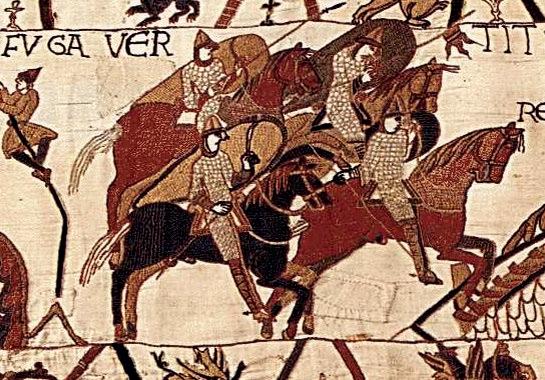
2 minute read
History - 16
from GCSE Options
Paper 2: British History
1. Power and the People 1170 to present 2. Elizabethan England c. 1568-1603
This is a fascinating study of the key events in British History that have enabled us to live in the Parliamentary Democracy that we enjoy today. Political power slowly descending down the social hierarchy is the central theme and we start with Kings and Queens in the Twelfth Century believing their power was God given and so unquestionable. We move through Magna Carta, Peasants’ Revolt, Pilgrimage of Grace, Civil War, Glorious Revolution, Great Reform Act, the Suffragettes and Equal Pay Legislation for women and ethnic minorities to explore how power transferred firstly, to the aristocracy, then gentry, middle class men, working class men, women and finally ethnic minorities. This topic enables us to make substantiated judgements about whether power was ‘given’ or ‘taken’ – from whom and by whom?
Elizabeth I continues to be considered one of England’s greatest monarchs and the aim of this course is to test whether the Elizabethan Age was truly a ‘Golden Era’. We study the key events of Elizabeth’s rule such as the defeat of the Spanish Armada, her policy of religious toleration, her fraught relationship with Mary Queen of Scots and her refusal to name an heir. Within this topic we study an Elizabethan historic building and for Year 11 in 2021 this will be Kenilworth Castle, which we will visit. Many pupils enjoy returning to studying a Tudor monarch, which they last did in Year 7 or 8 and being able to understand much more fully this interesting Queen.
Assessment
Paper 1: 2 hour examination. 50% of the GCSE
Paper 2: 2 hour examination. 50% of the GCSE
Educational Visits Learning outside the Classroom
- Year 10: RAF Cosford Cold War Museum - Year 11: Visit to the Elizabethan Historic Building, which in 2021 is Kenilworth Castle - Optional International Visits to Washington DC and Berlin run alternately every two years - Lectures from visiting speakers and enrichment clinics - Webinar lectures from the AQA Exam Board
Who is GCSE History suitable for?
History suits a very wide range of pupils. It may be that you have a passion for finding out about the past, or of making sense of the world today; the course also suits those who enjoy a debate in which there is no ‘right’ answer, the success being how persuasive and convincing you are. This means that you will learn how to show complex understanding and make a substantiated judgement, as well as learning how to evaluate sources, which in today’s society we would call recognising fake news; in this way studying the past has never been more relevant.









